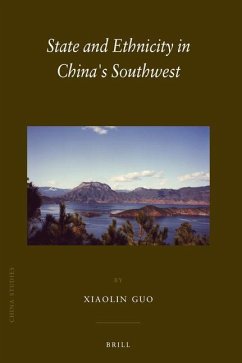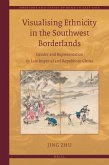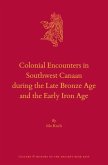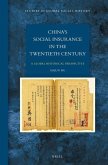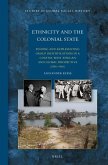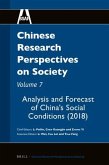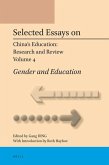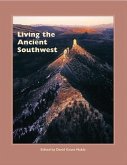Twentieth century China has seen local societies undergo unprecedented transformations accompanied by a remarkable continuity in state practice. In this path-breaking study of two ethnically different communities, the matrilineal Mosuo and the patrilineal Han, in northwest Yunnan province, the author traces cultural change from a historical perspective in relation to the ecological environment and political systems. The treatment of state penetration into local society challenges the conventional binary narratives of state-society and Han/non-Han relations. With its interdisciplinary approach, the book enriches the anthropology of China by framing ethnicity issues in terms of local politics and inter-relationships between levels of government, and at the same time extends the analytical perimeter of the study of the Chinese state to the national periphery.
Hinweis: Dieser Artikel kann nur an eine deutsche Lieferadresse ausgeliefert werden.
Hinweis: Dieser Artikel kann nur an eine deutsche Lieferadresse ausgeliefert werden.

